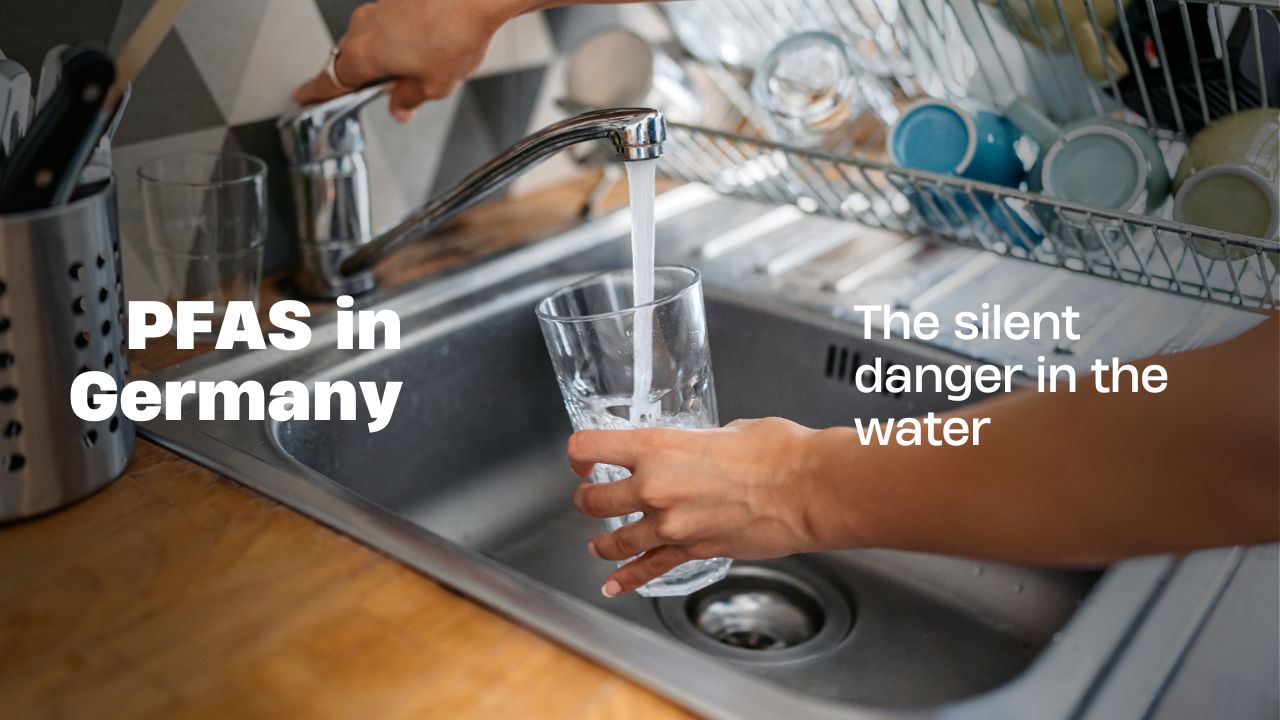
PFAS (per- and polyfluoroalkyl substances), also known as “forever chemicals,” are man-made industrial compounds that persist in the environment and the human body for years. In Germany, these substances are becoming the focus of increasing concern due to their widespread contamination and potential health risks. One striking example is the case in Rastatt, which reveals just how far-reaching the impact of PFAS can be - environmentally, financially, and medically.

New findings show that PFAS contamination in Rastatt’s groundwater is more than double previous estimates. An area of roughly 127 square kilometers has been affected, with around 490 million cubic meters of contaminated groundwater—enough to supply the entire state of Baden-Württemberg with drinking water for a full year.
The contamination in Rastatt originated from the use of sewage sludge and compost containing PFAS, which were spread across fields. From there, the chemicals leached into the soil and eventually into the groundwater.
But contaminated water isn’t the only way PFAS enter our bodies. These substances are also found in everyday items such as:
Exposure to PFAS can occur through drinking water, food, household dust, or personal care products. Once inside the body, these chemicals can accumulate in the bloodstream and organs over time. Their extreme persistence makes them especially hazardous. Studies suggest links between PFAS exposure and cancer, hormone disruption, developmental issues in children, and a weakened immune system.
A critical step in tackling this issue is identifying and labeling products that contain PFAS as early as possible. Safety Data Sheets (SDS) are essential tools in this process. However, PFAS can be listed under many different names or hidden behind complex chemical codes and CAS numbers. Advanced detection tools can help identify and flag these substances automatically—supporting safer purchasing decisions, better chemical management, and compliance with regulatory standards.
In 2025, the European Union will begin rolling out the Digital Product Passport (DPP), which requires companies to digitally disclose chemical information—including PFAS content—in their products. This initiative further highlights the need for transparency and robust data systems.
PFAS are not just a problem of the future—they are here, now, and often invisible. The Rastatt case is a wake-up call, showing the urgent need for stricter regulations, improved transparency, and digital tools to track and manage chemical risks. Solutions like the Digital Product Passport and detection technologies already integrated into our GoldFFX system are powerful steps forward in protecting both people and the planet.